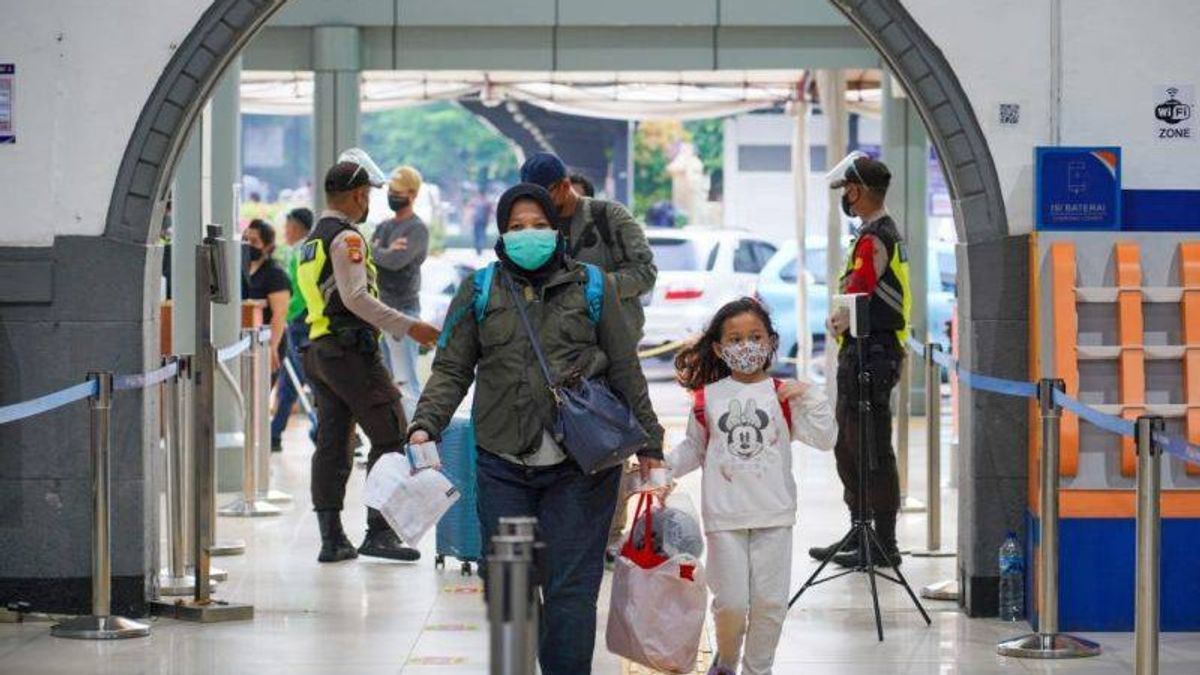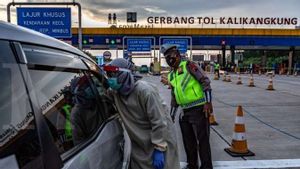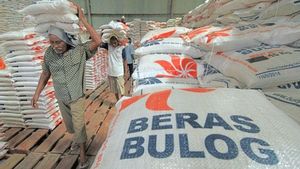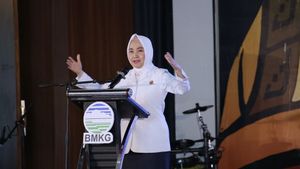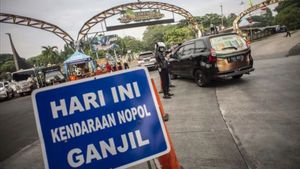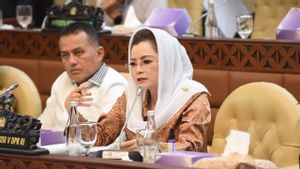JAKARTA - The phenomenon of newcomers entering Jakarta is one of the highlights of the Acting Governor of DKI Jakarta Heru Budi Hartono ahead of this year's homecoming and Eid al-Fitr season.
Heru wants, if possible, the number of residents outside the region who want to live in Jakarta does not need to be large. Heru's desire makes sense when looking at the current population data.
There is a trend of increasing the number of migrants in Jakarta every year. Lebaran homecoming also has implications for the potential to increase the number of migrants who multiply from the number of movements of residents out of Jakarta.
Head of DKI Jakarta Disdukcapil Budi Awaluddin said, in the last three years, with details in 2020 a total of 113,814 people, in 2021 a total of 139,740 people, and in 2022 a total of 151,752 people.
"Meanwhile, based on population data on the second semester of consolidation data (DKB) in 2022, the number of Jakarta residents is 11,317,271 people," Budi said in his statement, Friday, April 14.
From the trend of the recent three-year migrants, the educational background varies. The number of high school graduates (SMA) down has increased, which is 78.04 percent in 2020, 78.25 percent in 2021, and 78.49 percent in 2022.
"Meanwhile, low-income people tend to fluctuate, which is 40.93 percent in 2020, then increase to 47.61 percent in 2021, and decrease to 45.64 percent in 2022," he explained.
According to Budi, this needs to be anticipated because of the potential to increase poverty, stunting, unemployment, and the problem of crime.
SEE ALSO:
In addition, for Lebaran 2023, it is predicted that the number of new arrivals after Lebaran will increase by 20 percent to 30 percent or around 36,000-40,000.
The DKI Jakarta Provincial Government will further regulate the administration, so that it can map out potential problems and can immediately overcome them. Moreover, in the future Jakarta will become a Global City. For this reason, urban arrangements in various sector lines, including the population sector, need to be improved and more orderly in order to anticipate the impacts that may arise," explained Budi.
The English, Chinese, Japanese, Arabic, and French versions are automatically generated by the AI. So there may still be inaccuracies in translating, please always see Indonesian as our main language. (system supported by DigitalSiber.id)
